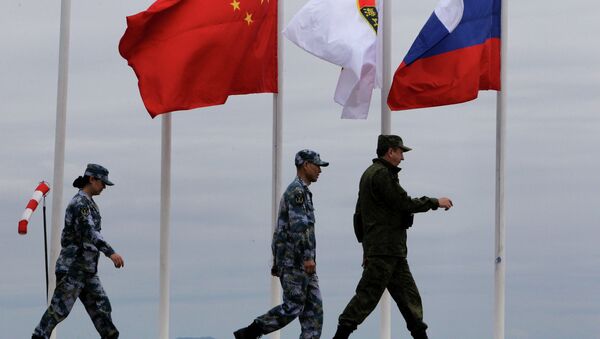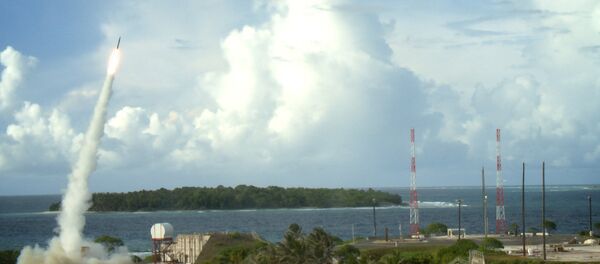The latest confirmation came on October 11, when Maj. Gen. Cai Jun, deputy chief of operations at China's Central Military Commission Joint Staff Department, announced that Russia and China will hold second missile defense drills, dubbed Aerospace Security, in 2017.
Indeed, at the ongoing Xiangshan Forum, senior Russian and Chinese military officials were unanimous in voicing their concerns over Washington's attempts aimed at creating a global anti-missile defense shield. Both Moscow and Beijing, Maj. Gen. Cai Jun said, "oppose the efforts by any countries or groups of countries to create this system unilaterally and at the expense of the strategic stability and international security."
"Russia and China's shared stance on THAAD and Syria points to both countries fostering strategic ties," Shi Ze noted, adding that Moscow and Beijing have "mutual strategic trust and strategic interests." The analyst also maintained that both countries will enhance strategic cooperation and partnership, saying that these developments "will help to resolve regional conflicts."
"This means that the United States will increasingly encounter Russian and Chinese joint efforts to protect their interests. Both China and the US clearly understand this," he told Sputnik.
Andrey Volodin from the Center for Eurasian Studies at the Diplomatic Academy of the Russian Foreign Ministry said that Russia and China are changing the global balance of power. The expert also pointed out that neither Moscow, nor Beijing have become more tough in their rhetoric despite claims to the contrary.
The same is true of China, he added.






